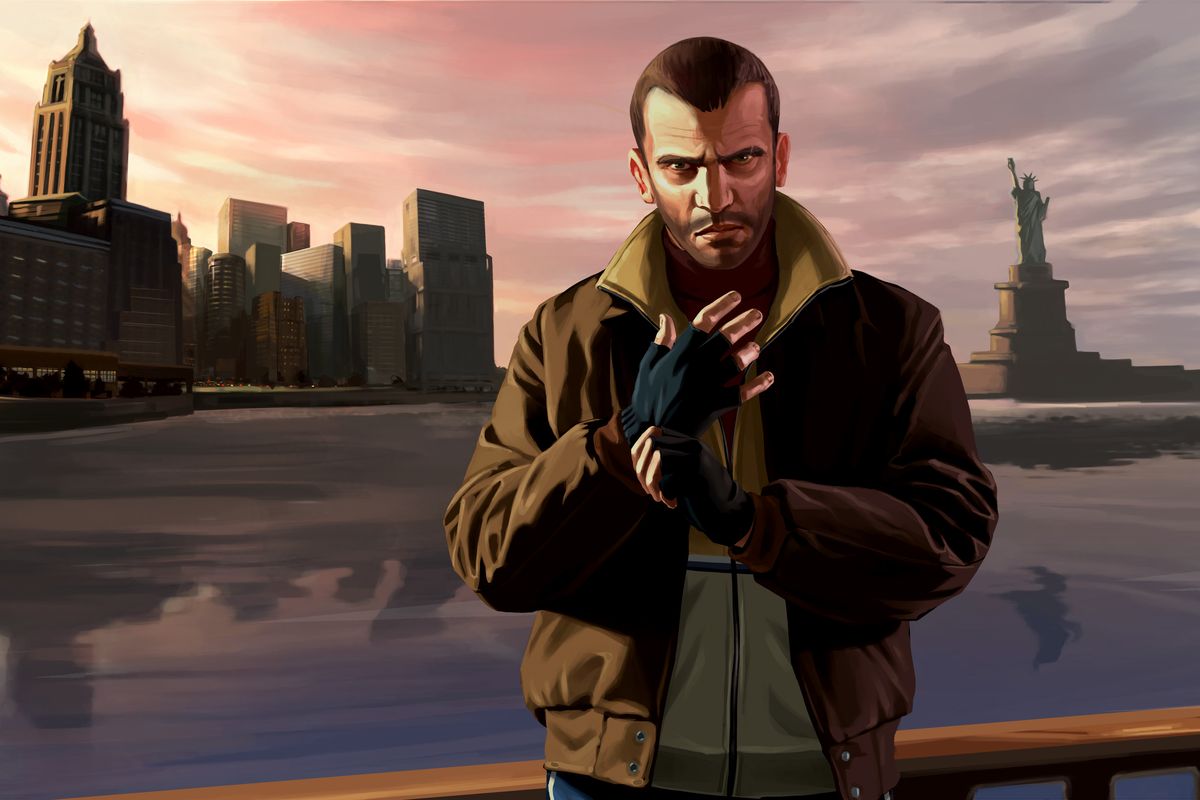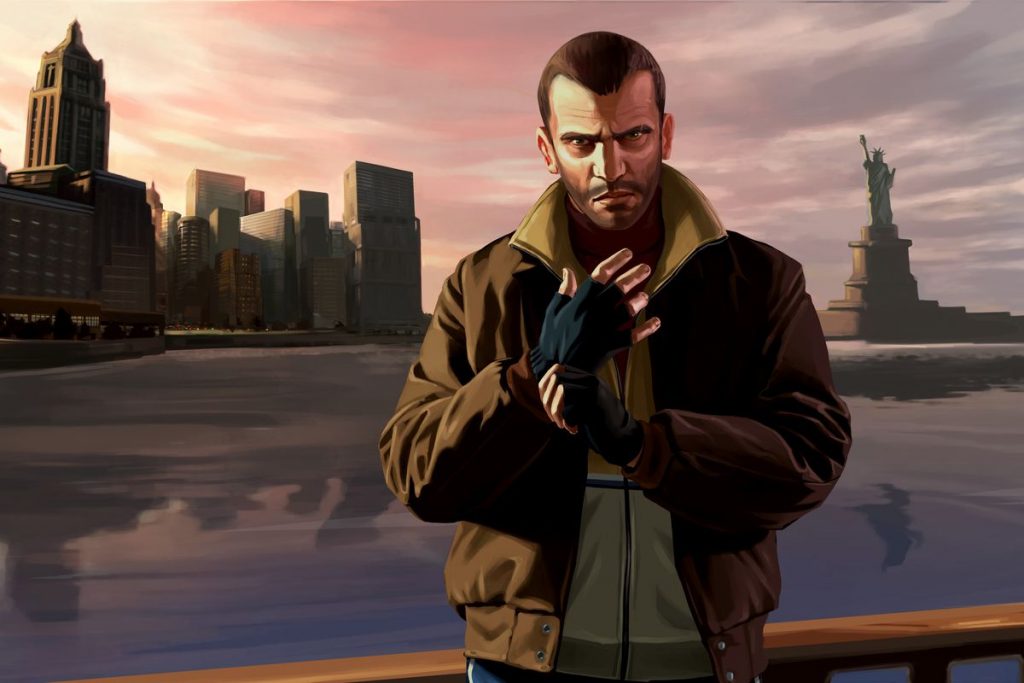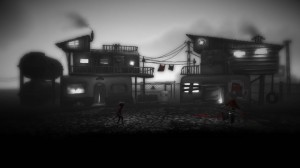The most divisive games of all-time typically share one thing: they blend the brilliant and the bad.
If the following games were just bad, they wouldn’t have a legion of defenders. If they were strictly brilliant, they wouldn’t inspire an army of detractors to rise up against them. Instead, a truly divisive game often blends its best and worst ideas in equal measure.
So yes, these are the most divisive games of all-time, but that also means they are among the most interesting.
Grand Theft Auto IV
There’s certainly a case to be made that Grand Theft Auto IV is the most divisive game of all-time.
Grand Theft Auto IV stripped away many of the series’ goofiest elements in favor of a more realistic, down-to-Earth crime story. Along with that tonal shift came more “realistic” driving controls that some people flat-out hated as well as fewer of the insane missions that made Grand Theft Auto: San Andreas a fan favorite. GTA IV also favored presenting a living, breathing, digital world over giving the player more activities to do in that world.
Interestingly, the slower approach of GTA IV would later divide those who played Red Dead Redemption 2.
Metal Gear Solid 2
Some people will tell you that Metal Gear Solid 2 is divisive because of the protagonist switch that happens midway through the game. However, that’s not the whole story.
Some gamers were upset that they had to play as Raiden instead of Solid Snake for much of the game, but that only scratches the surface of the MGS 2 controversy. The game’s long and sometimes rambling cutscenes were a major turn-off to some, as was the second half of the game’s sometimes repetitious gameplay (which, it turns out, is partially due to elements of the controversial plot).
The Metal Gear Solid series is no stranger to debate, but this is certainly its most divisive hour.
Diablo 3
Diablo 3‘s broken launch and controversial policies are certainly part of the game’s divisive history, but long after those problems were fixed, Diablo fans remain split on this all-time best selling game.
To simply summarize a complicated discussion, some Diablo fans feel that Diablo 3 watered down the Diablo experience too much in favor of appealing to a wider audience.
This isn’t the only time we’ll discuss that controversial decision on this list, but it’s hard to argue there are certainly noticeable design differences between Diablo 2 and Diablo 3.
The Legend of Zelda: Skyward Sword
As the Zelda game exclusive to Nintendo’s best-selling console ever, you’d think that Skyward Sword would be a beloved, oft-referenced classic. However, that’s not quite the case.
Skyward Sword isn’t necessarily controversial for any one thing (except, perhaps, its motion controls) but rather a series of design decisions which fans felt represented a step back from previous entries in the franchise. Detractors argue that its moments of epic brilliance are hindered by its repetitive gameplay, empty world, and an annoying sidekick.
Of course, Skyward Sword could be the worst Zelda game and it’d still be worth playing.
Halo 2
Halo 2‘s multiplayer is almost universally beloved and respected, but its single-player is another story.
Actually, much of the single-player’s controversy can be traced back to its story. After teasing an epic battle for the fate of Earth, Bungie delivered a game that barely allows players to fight for their home planet before sending them off on a bizarre adventure that includes another Halo, an intelligent Flood hivemind, and another controversial protagonist switch.
15 years later, Halo 2‘s single-player campaign remains a controversial topic among franchise fans.
BioShock Infinite
Depending on who you ask, BioShock Infinite is either one of the most brilliant games ever made or a complete disappointment. There’s really no middle-ground.
Most will tell you that BioShock Infinite‘s world and use of music are simply incredible, but the debate comes in when you start talking about its story and gameplay. Infinite utilizes a much more straightforward style of action than its predecessor, while its story often struggles to deliver on an incredible premise.
Of course, even those who hated the game would probably gladly welcome another BioShock.
Gone Home
Is Gone Home even a game?
That’s the source of the debate surrounding this atmospheric mystery title that helped kick off the “walking simulator” genre. Simply put, some people don’t feel that wandering around a small environment with few interaction options and little traditional gameplay doesn’t constitute a game.
Others say that Gone Home represents a milestone in the evolution of video game storytelling and world design. You be the judge.
Days Gone
The most recent controversial game on this list earned its divisive reputation due to the argument between most critics and most fans that erupted soon after its release.
Many reviews panned Days Gone for being a generic example of recent open-world design spiced with some awful storytelling and character development, but many more fans said that critics were being too hard on a game that was bountiful, interesting, and fun.
To be honest, we side with the critics on this one.
Fallout 4
Like Diablo III, the Fallout 4 controversy is mostly about whether or not the game is watered-down.
In the minds of hardcore fans, Fallout 4 took away the choices, role-playing elements, and wonderful writing featured in Fallout: New Vegas and other franchise installments in favor of better graphics, protagonist voice acting, and simplified action gameplay.
You could say that the perfect Fallout game lies somewhere between Fallout 4 and New Vegas‘ best ideas.
Batman: Arkham Knight
Arkham Asylum and Arkham City are generally considered to be two of the greatest superhero games of all-time. Arkham Knight‘s reputation is a little more complicated.
Terrible technical issues on PC aside, some fans felt that Arkham Knight spent too much time treading Arkham City‘s ground while only adding a Batmobile that the game forced you to utilize too often. Others were disappointed by the revelations related to the titular “Arkham Knight” and other plot points.
Arkham Knight proves that no franchise formula is solid enough to be immune from controversy.





